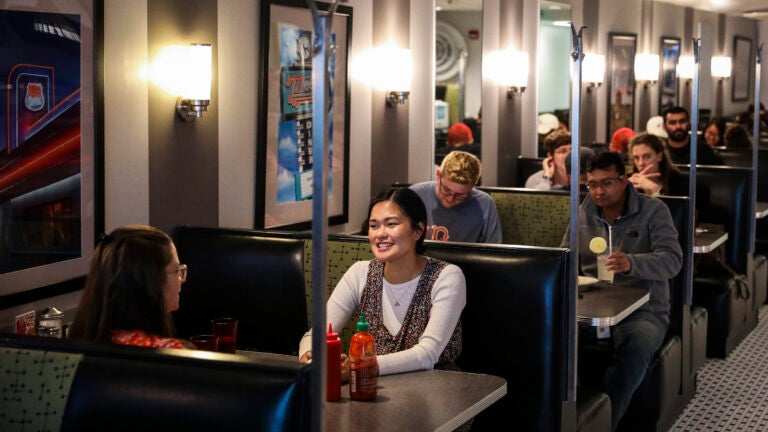Restaurants
“I’m 20% hopeful and 80% scared to death.”
For Greater Boston restaurants, the hits they’ve taken since COVID-19 are showing no signs of slowing down, from rising costs to heat waves and MBTA shutdowns.
It’s certainly never been easy to be a small business owner, especially if that business is a restaurant in the expensive market that is Boston. But lately, there’s even more fear in the industry going around.
“The last couple of months restaurants have been seeing a softening of sales,” said Ryan Lotz, president of Massachusetts Restaurants United. “They’re still seeing diners coming out… but we’re noticing them come out less often. We’re noticing them spend less money.”
This summer — a season typically slow for eateries and bars due to an absence of students and residents on vacation — was a letdown for many restaurants. For some, it was even worse than last year, when customers skipped going out to stay dry during one of New England’s wettest summers.
The reasons restaurants are pointing to: It was hot, at least for Boston, keeping folks indoors. Nationally, there’s heightened anxiety around the economy and the presidential election, possibly leading to consumers keeping a closer eye on their bank accounts. And locally, well, Boston isn’t getting any cheaper to live, let alone entertain in — and even if residents could afford regular outings, how would one get around with significant MBTA shutdowns monthly?
It’s no wonder several restaurants told Boston.com that they needed support more than ever. But with the end of an abysmal Boston summer for restaurants comes fall, when restaurants hope they’re slammed before they enter another business dead zone in winter.
There is cautious optimism in Boston this autumn, but is it enough for independent, small businesses to survive? We spoke to several restaurant owners, managers, and chefs about their hopes and fears now and in the months ahead, and here’s what they shared:
Why was this summer even slower than usual?
‘The Red Line shutdown’
“We’ve had a couple of slow weeks in there, and one of those weeks directly coincided with the Red Line shutdown. It was a really hot week, probably the hottest week of the summer. That week was probably the slowest week we’ve had in years. It was shut down Friday night, all day Saturday, all day Sunday, and that’s when restaurants are doing the majority of their business. I’m sure a lot of restaurants along the Red Line that rely on that [traffic] felt that sting during the shutdown.”
—Michael Bissanti, managing partner, Veggie Galaxy
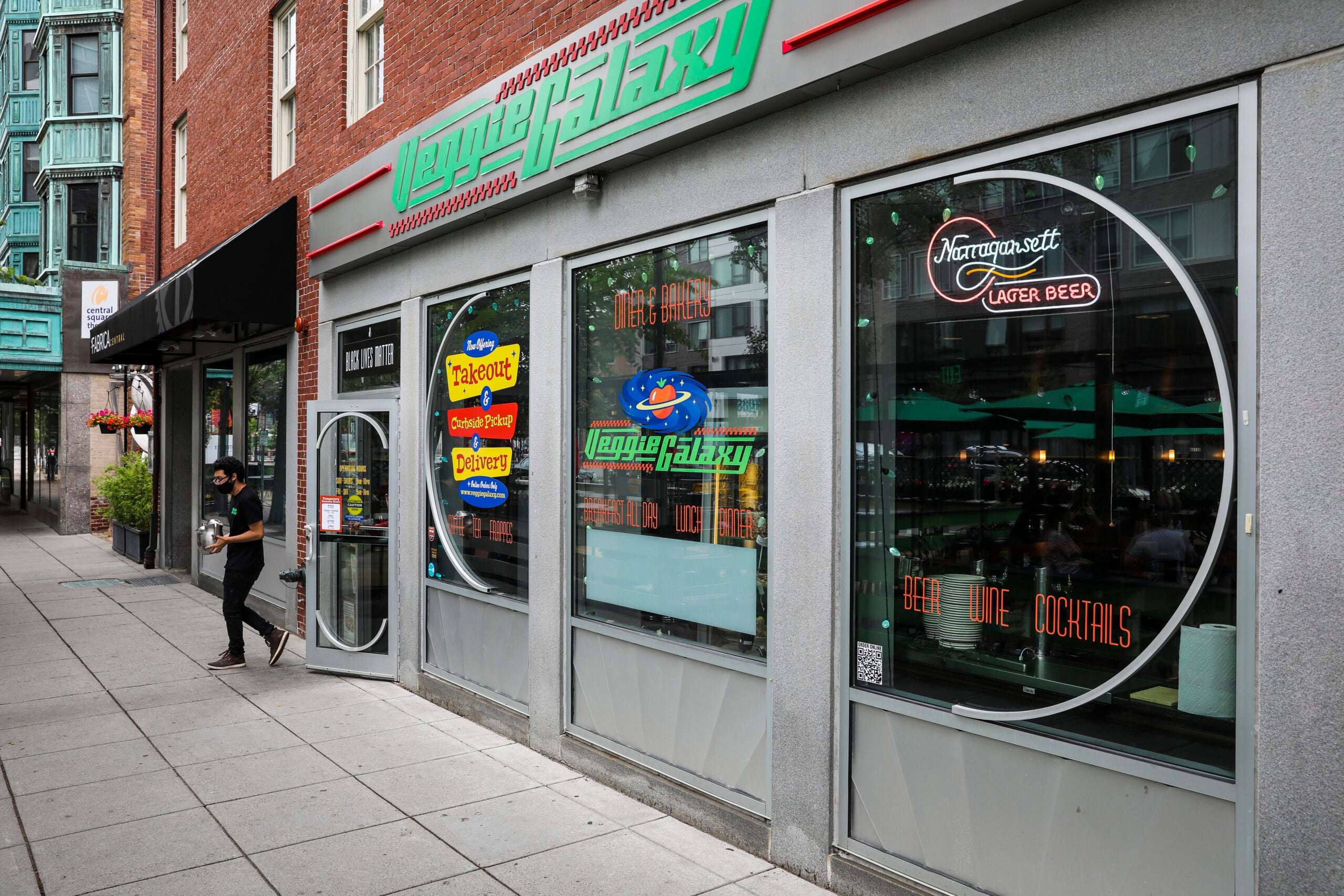
‘We’re surviving — we’re not losing money‘
“In the summer, the big thing about Boston is the tourists, obviously. We have to try and market to them as much as we can. I wouldn’t say summer has been bad in the city. We’re surviving — we’re not losing money. That’s where we’re at. But it’s not like we’re making money. That’s kind of what we go for in the summer. Summer in the city is always quieter for nearly every restaurant because people go away, or if you don’t have a patio or you don’t have a [waterfront], you’re going to find it tough.”
—Oran McGonagle, owner, The Dubliner
‘People have less disposable income than they used to‘
“This time of year is usually slower to begin with, but it feels even slower than normal. It’s a mix of the normal stuff — the students are gone, everyone’s on vacation — on top of there was a heat wave. People here are just not used to that. So the weather itself is still a contributing factor. And I’m not an economics person, but I think there’s concern there. People have less disposable income than they used to, so that’s affecting what people can spend when going out to eat.”
—Melissa Stefanini, owner, Super Bien
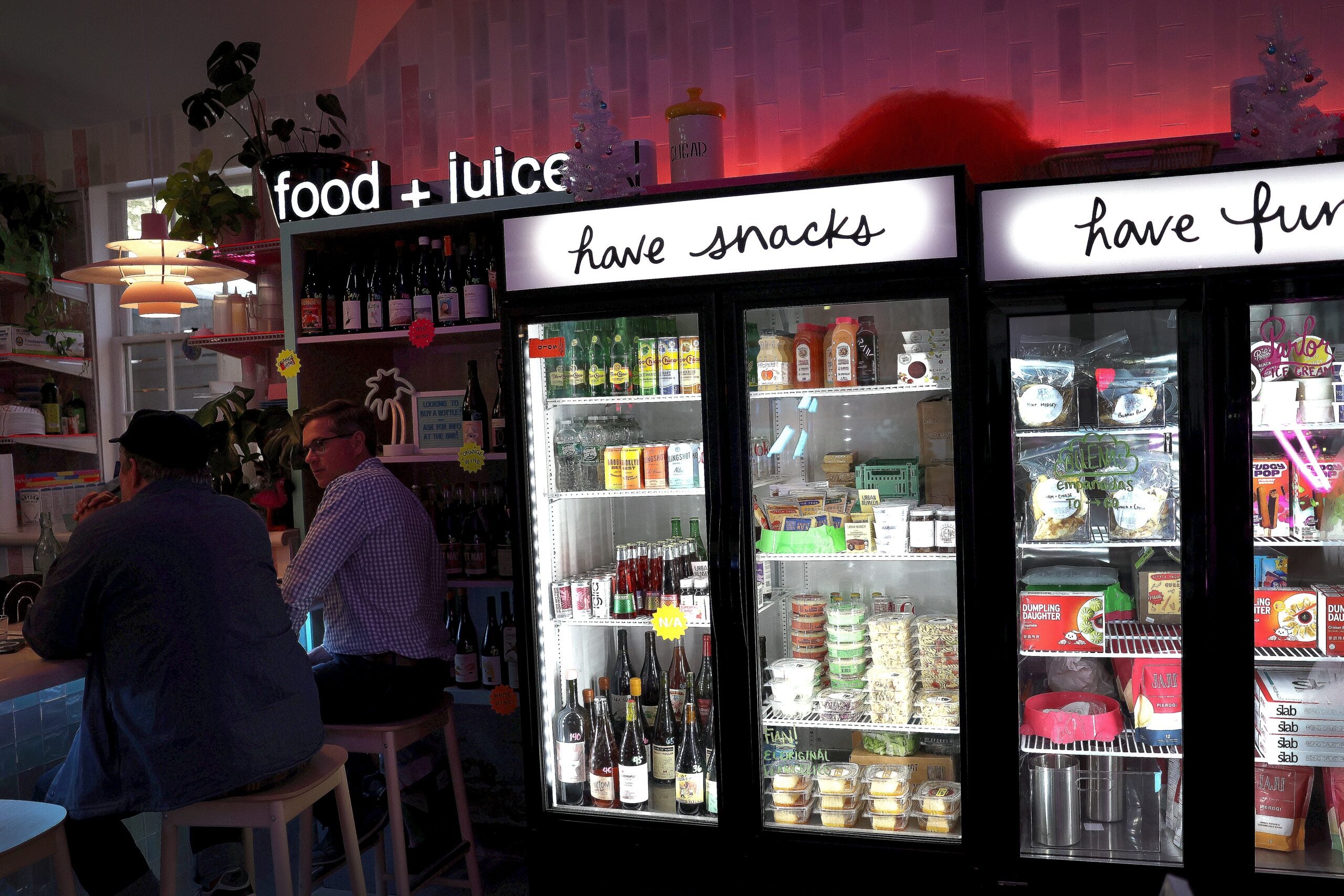
How are costs and pricing playing a role in the business right now?
‘We have to charge a bit more than we used to, and it’s scaring people away’
“We have to charge a bit more than we used to, and it’s scaring people away. In recent weeks, I have not [gone up in price]. We exclusively use Duke’s Mayo, we put mayonnaise in everything. There was one point where a case of four gallons went from $110 all the way up to about $150 for the same product. That sort of crazy fluctuation was happening. I can log on to place an order, and something that I thought last week was $100, it can just shoot up to $150.”
—Matthew Bullock, chef/owner, Southern Pines Diner Car
‘Our steaks have been the biggest inflationary part’
“We’ve definitely had to increase [prices]. Our steaks have been the biggest inflationary part. We have introduced seasonal and bar menus, and we’re offering more affordable options at the bar. We’re seeing a bigger increase in those. People are realizing ‘I can go to this great steakhouse, I don’t have to spend $90 on a steak and sides. I can go have some bites at a bar.’ We’ve definitely seen an increase in that, so that could be another indication of people’s spending habits.”
—Brian Piccini, owner/CEO, Boston Urban Hospitality (Boston Chops, dbar, Deuxave)
‘It’s crazy right now how things are changing’
“Vegetables are just crazy right now. We aren’t reacting to that how we should be reacting. Our cost of orders is changing every week, but I can’t change my menu every week. So some weeks, items are losing money, some weeks they’re making money. It’s crazy right now how things are changing.”
—Oran McGonagle, owner, The Dubliner
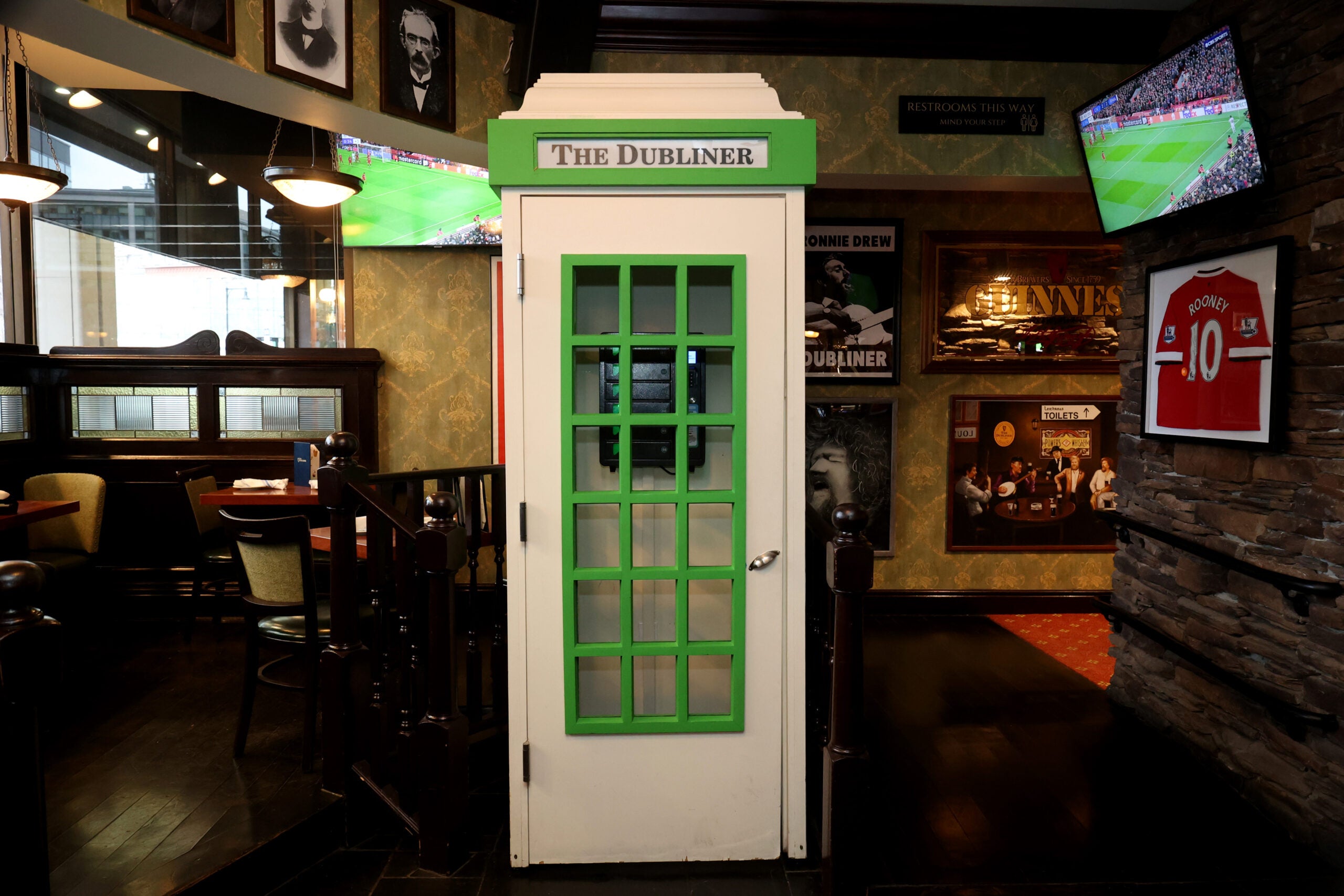
What do you wish customers knew about being in business right now?
‘I don’t know what else to do other than to ask them to come back’
“Even though I love our customers, I don’t know what else to do other than to ask them to come back. Maybe they have $20 to $40 to spend every week somewhere. So why do you go to a chain? Why do you order Uber Eats? Why do you go to a group-backed fancy restaurant or bar that’s going to charge you $15 for a pair of tacos? When here, there’s homemade, locally-sourced, authentic Mexican food where we charge you $12 for a pair of tacos. If we see more of these posts saying, ‘This business has closed after 40 years of business’ and these comments say, ‘That’s so sad, that was my favorite place’ — What did you do to help them?
We need to come back to our communities. If there’s no community, we’re just going to keep losing more local, independent food businesses, and all you’re going to see is McDonalds, generic restaurants, green salad bars. None of those places give back to the community.”
—Bessie King, co-owner, Villa Mexico Cafe
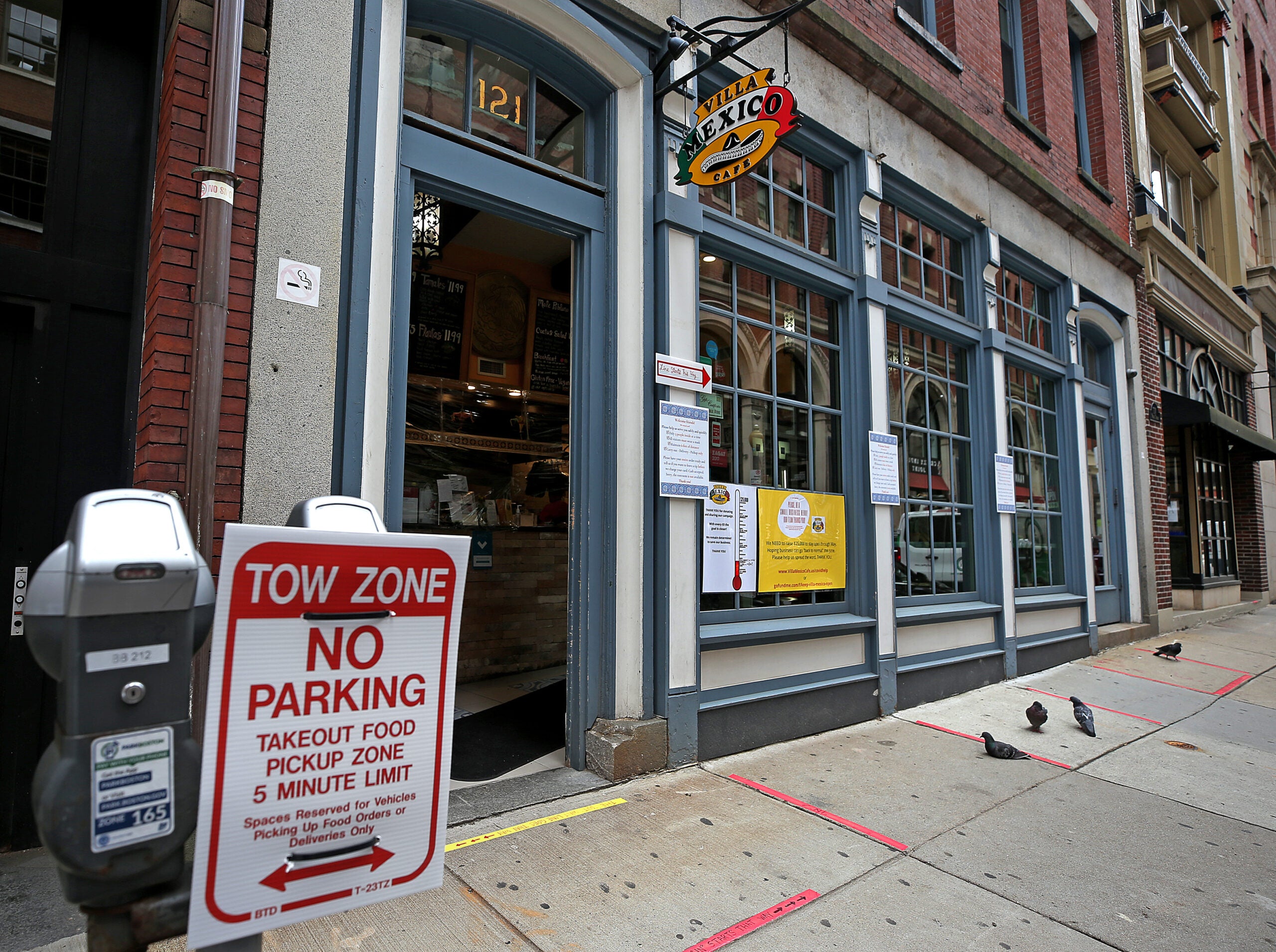
‘You’ve got to come in with a slightly more elevated awareness of what’s going on around us’
“If you experience sticker shock with a price you see on the menu, it’s super important to know that the restaurant isn’t charging the price to gouge anyone. They’re doing it because they have to, and we’re working within new realities. We’re constantly having to try to give you something that is beautiful and tastes really good at a price that’s not going to put us under. If you’re choosing to go to a restaurant, you’ve got to come in with a slightly more elevated awareness of what’s going on around us. It’s more important than ever to support independent, local businesses.”
—Melissa Stefanini, owner, Super Bien
Is there any optimism for the remainder of the year?
‘I am optimistic’
“Going into September, October, November, and December, I feel like a lot of folks just change their spending habits in terms of looking at it a lot less because they’re celebrating holidays and they’re all back in the city after traveling all summer. They’re just a little bit less cautious, so I am optimistic for the remainder of the year.”
—Ryan Lotz, president, Massachusetts Restaurants United
‘You’re starting to see people really push technique and source things thoughtfully’
“I’m truly excited for fall because that’s when at least people are coming back out again. I think there’s a lot of optimism in our restaurant scene. Right now is a time where you’re seeing younger people with passion be able to open and run places. You’re starting to see different cuisines. You’re starting to see more exciting things than you have before. Boston’s always five years behind the rest of the country, but you’re starting to see people really push technique and source things thoughtfully and so some pretty cool things.”
—Matthew Bullock, chef/owner, Southern Pines Diner Car
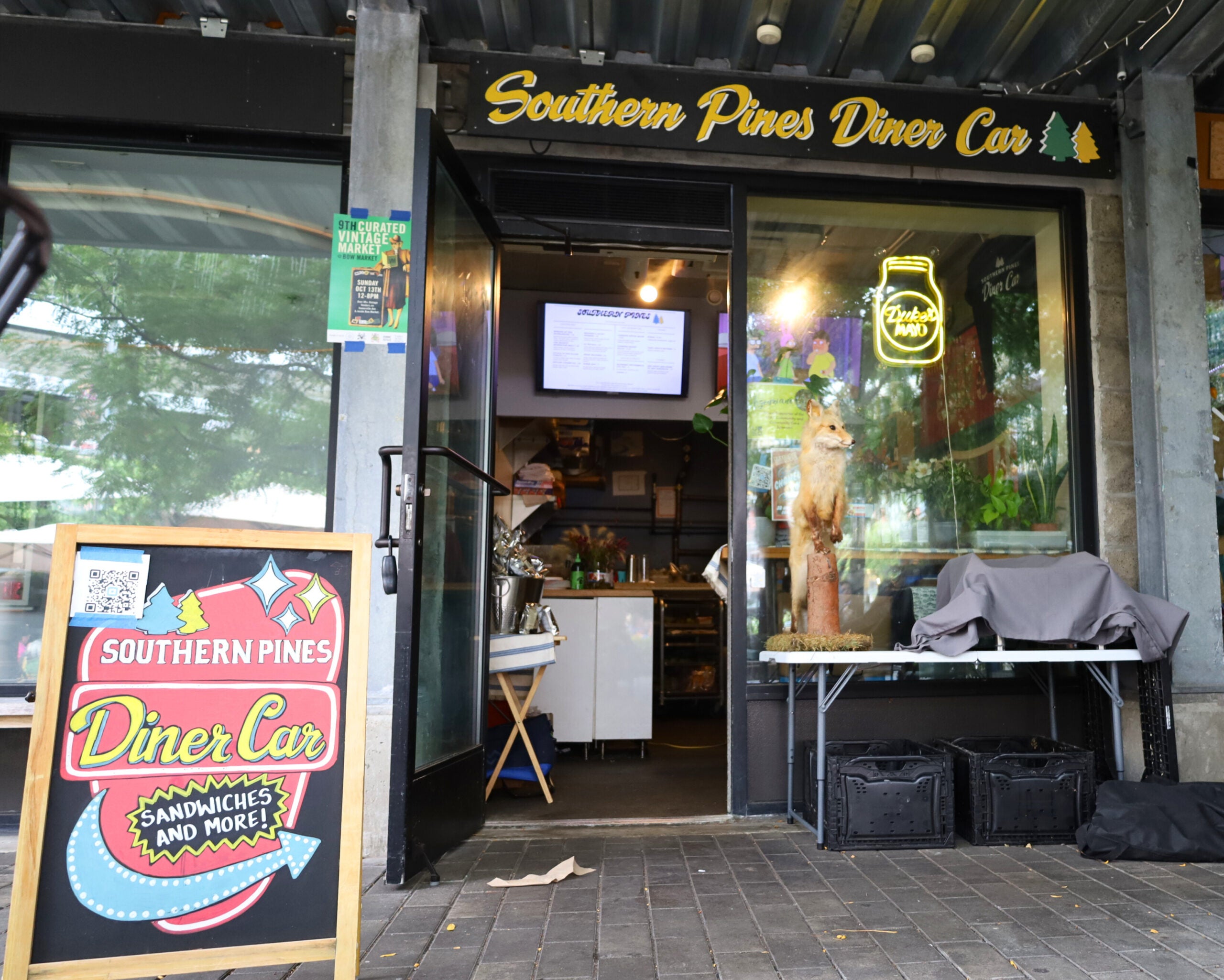
‘20% hopeful and 80% scared to death’
“I’m 20% hopeful and 80% scared to death. I’m hopeful that if interest rates go down, people will have more money. They’ll have more spending funds to go into fall and winter. And that means they will choose to buy locally and eat locally. As the market stands, if you have a restaurant, you have to be in 20 places at once to stay relevant and be noticed. That’s what we’re doing. We’re doing catering, we have the patio, we’re doing in-store, over-the-counter sales, food shows, everything possible so people see us. They know that we matter, and then they eat with us. That’s where my hope is.”
—Bessie King, co-owner, Villa Mexico Cafe
‘We’re there for the guests and to create an experience’
“I have a very high outlook on restaurants, especially our brands, because we sell experiences, and people are looking for experiences in service. As we go through life post-pandemic, services are disappearing everywhere, from airlines to banks. People are regressed to their homes and Zoom. People are craving going out. I don’t see where you can get better experiences or more service except in the restaurant sector. My mind is blown how difficult it is to get service, and we’re a service-based industry. We’re there for the guests and to create an experience and hospitality. Everybody leaves happier than when they come in. People are craving that. The outliers are the people who don’t provide good, consistent quality service.”
—Brian Piccini, owner/CEO, Boston Urban Hospitality (Boston Chops, dbar, Deuxave)

Sign up for The Dish
Stay up to date on the latest food and drink news from Boston.com.
The post How Boston restaurants feel about slow summer, costs, industry appeared first on Patabook News .

